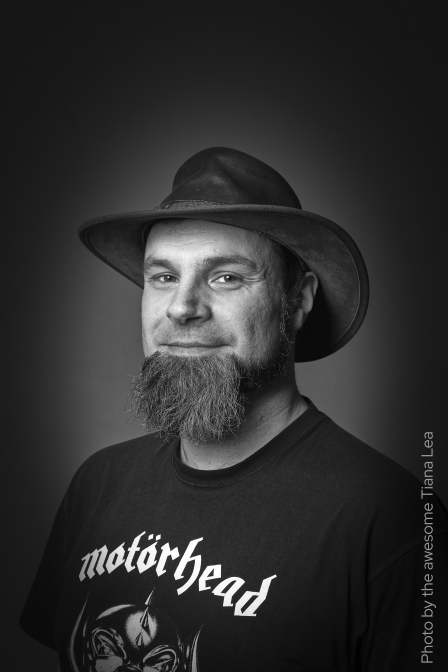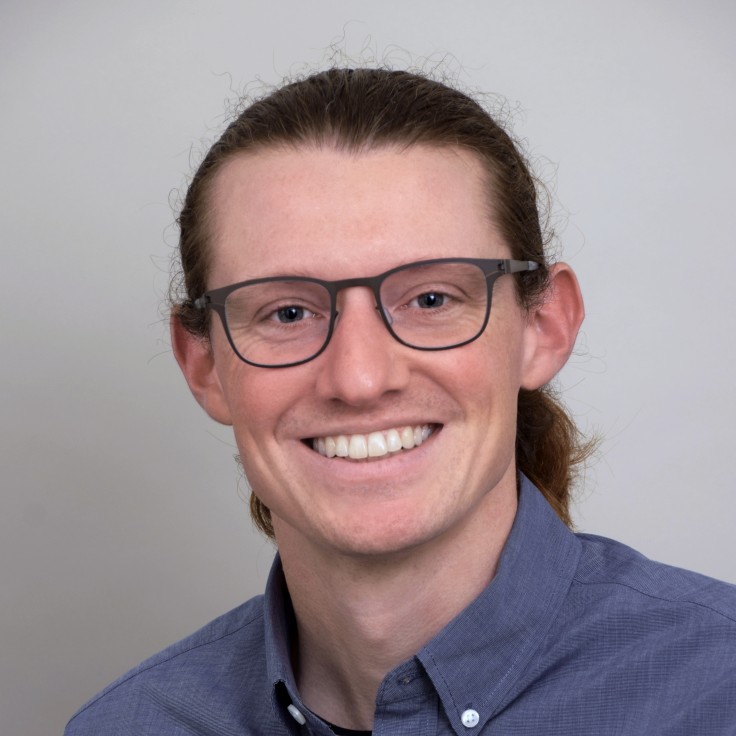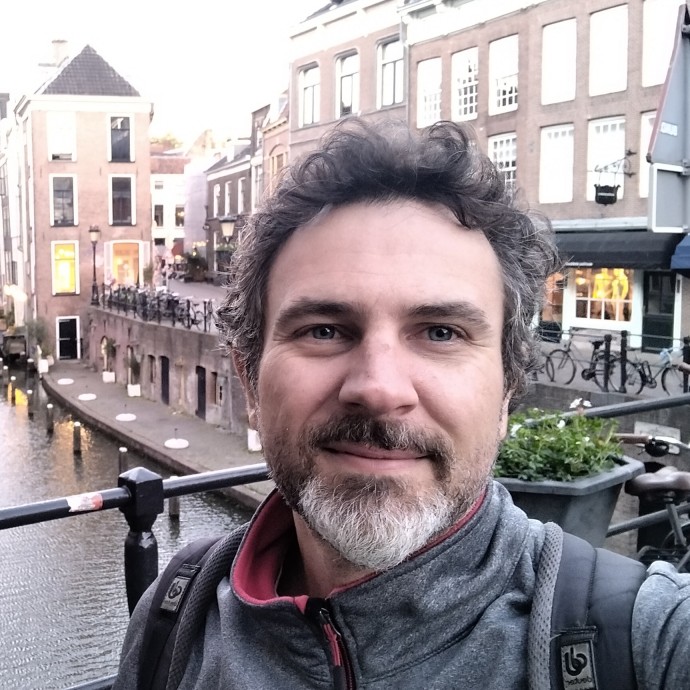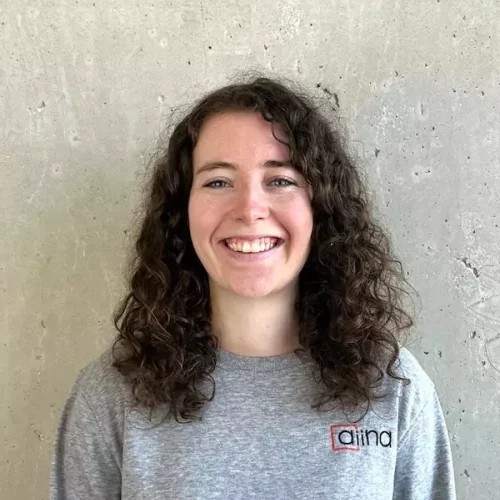Über die Konferenz
Die Munich Embedded 2025 (ME25) bringt führende Experten und Entwickler aus der Embedded-Branche zusammen, um die drängendsten Herausforderungen der Branche zu diskutieren:
- Wie können wir die Qualität und Sicherheit von Embedded-Systemen gewährleisten?
- Welche Tools und Methoden unterstützen uns dabei am besten?
- Wie wird die Embedded-Entwicklung der Zukunft aussehen?
In fokussierten Vorträgen und kurzen Lightning Talks teilen Experten ihre Erfahrungen zu Testing-Strategien, Security-Konzepten und Entwicklungswerkzeugen. Die Munich Embedded schafft dabei den idealen Rahmen für intensiven Austausch: Mit ca. 50 Teilnehmern bleiben die Diskussionen konkret und praxisnah.
Vernetzen Sie sich mit anderen Embedded-Entwicklern aus der Region und gewinnen Sie wertvolle Einblicke für Ihre tägliche Arbeit!
Rahmendaten
- Datum: 28.10.2025, 16 – 21 Uhr
- Location: Smartvillage München-Bogenhausen, Rosenkavalierplatz 13, 81925 München (Anfahrt, externer Link)
- Teilnehmerzahl: 40–50 Personen
- Zielgruppe: Embedded Entwickler und Führungskräfte
Fokus
- Sicherheit und Zuverlässigkeit
- Testing-Strategien
- Entwicklungstools und Frameworks
Ablaufplan (vorläufig)
| Uhrzeit | Was |
|---|---|
| 16:15 - 16:45 | Einlass und Getränke |
| 16:45 - 17:00 | Start, Begrüßung |
| 17:00 - 17:30 | Reproducibility in Open Source Firmware |
| 17:30 - 17:45 | How You Boot Matters |
| 17:45 - 18:00 | Pause |
| 18:00 - 18:15 | TBA |
| 18:15 - 18:45 | A Guiding Light through Rust's (Open-Source) Tooling Landscape for Safety-Critical Projects |
| 18:45 - 19:00 | Testing Construction Robots: Building Confidence Before Breaking Ground |
| 19:00 - 21:00 | Vernetzung, Abendessen |
| 21:00 | Ende |
Hinweis: Die Vorträge werden mit Zustimmung der Redner aufgezeichnet und im Anschluss veröffentlicht (nur Folien/Bildschirminhalt und Audio).
Vorträge

Reproducibility in Open Source Firmware
Lightning Talk (10 min)Josef Holzmayr (Northern.tech)
Josef has been active for more than 15 years as a "Complete"-Stack developer for industrial controls by now. He's done everything from debugging hardware to writing drivers, from application development to web front ends. A passion for showing, telling, and teaching people in both entertaining and engaging ways led Josef to Mender.io. Here, he tries to make the world better and more secure by enabling OTA updates for as many devices as possible. Josef has been awarded Ambassador status and is serving as Community Manager for the Yocto Project.
Abstract
Reproducible builds are becoming essential for firmware security as supply chain attacks target embedded systems. This session demonstrates practical reproducible build implementations in the Yocto Project and Zephyr RTOS, showing how to achieve bit-for-bit identical firmware builds in production environments. The Yocto Project has achieved 100% reproducibility for OpenEmbedded-Core using SOURCE_DATE_EPOCH and deterministic build processes. Zephyr RTOS provides reproducible builds for MCU firmware, addressing unique challenges in resource-constrained environments. Both projects prove that deterministic firmware builds are achievable at scale.
We will look at CI/CD integration patterns, and how they might complement or contradict reproducibility. The presentation demonstrates some common errors that break reproducibility, including timestamp variations, non-deterministic file ordering, build path dependencies, and environment-specific configurations, providing practical solutions for each challenge.

How You Boot Matters
Technical Talk (25 min)Philip Molloy
Philip has worked with many embedded devices over the last 15 years, from medical devices to satellites. His focus is on community projects like the Linux kernel, bootloaders and Linux distribution tools like Buildroot. Since summer 2024 he lives in Munich.
Abstract
The fragmented bootloader ecosystem leads to fragmented hardware and OS support. Instead of improving bootloaders, features are hacked into the OS (e.g. UEFI compression) and user space (e.g. systemd-boot). Community-based open source bootloaders exist but lack widespread adoption. x86 is dominated by broken standards, while aarch64 requires specialized knowledge due to numerous chip manufacturers. No broad community project offers complete binary boot chains from ROM to OS.
This talk explores what such a community might look like, based on existing projects including mainstream Linux distribution tools and systemd, rather than specialized embedded tools. Moore's Law means embedded and consumer devices are converging. Embedded chip manufacturers face more competition and use older technology, making them less secretive. Combined with poor manufacturer software experience, this creates opportunity for new community development.

A Guiding Light through Rust's (Open-Source) Tooling Landscape for Safety-Critical Projects
Technical Talk (25 min)Tiago Manczak (Infineon)
Tiago holds a Master's degree in Electrical Engineering from the Federal University of Technology - Parana (UTFPR). Since 2017, he has been working at Infineon Technologies in the Connected Security Devices division as an embedded software engineer. In this role, he has been responsible for developing non-volatile memory drivers, as well as customer personalization and field update solutions for security controllers.
As a passionate advocate for the Rust programming language, Tiago has been instrumental in coordinating the rollout of tools and firmware stacks to bring Rust to productive projects. Additionally, he is the organizer of the Augsburg Rust Meetup, where he promotes the adoption of Rust in the industry.
Abstract
Rust is starting to gain more and more traction in safety-critical domains. Being a system language that offers memory safety and a well-designed type system makes Rust a feasible and highly valuable language for software projects that must fulfill the most stringent safety requirements. However, a great language alone is not enough for projects in such domains. The whole development process and tooling must adhere to strict standards, which are especially challenging to achieve for open-source software. High costs for standards and existing tooling leads to a high entry barrier that is hard to overcome as individual or small company.
This talk presents a template project for safety-critical Rust projects, to demonstrate the current state of (open-source) Rust tooling needed for safety-critical certifications. The template itself builds on permissively licensed open-source Rust tooling that may be used for activities such as compiling, requirements traceability, testing, and code coverage. Additionally, the template should help in the prioritization of tool development, by listing missing tool certifications and missing tooling for certain activities.

Testing Construction Robots: Building Confidence Before Breaking Ground
Lightning Talk (10 min)Nicola Kolb (Aiina Robotics)
Since May 2025, Nicola has been a research associate at the Cyber-Physical Systems Group of TUM (Prof. Dr. Althoff), working on automated construction robots. This project is being transferred into a spin-off company, Aiina Robotics, where she is one of the four co-founders.
From March 2021 to April 2025, she was a research associate at the Chair of Software and Systems Engineering of TUM (Prof. Dr. Pretschner), focusing on test-ending criteria and test case generation for automated and autonomous driving systems. Nicola spoke at several industry conferences and participates in DIN and ISO standardization committees for autonomous vehicle validation.
Before academia, she worked as an IT specialist in vehicle data collection at BMW Group for three years. She holds a master's degree in Robotics, Cognition, and Intelligence from TUM.
Abstract
Testing automated construction robots presents unique challenges due to the unstructured, dynamic nature of construction sites. This talk highlights our multi-level testing approach, combining simulation-based testing (SIL, MIL), hardware-in-the-loop (HIL) integration, and real-world testing on construction sites.
Our process begins with extensive simulation-based testing to explore system behavior under various conditions before deploying hardware. HIL testing then incorporates real components within the simulation loop, enabling early validation of hardware-software integration.
Our approach incorporates continuous feedback loops: insights from physical and HIL testing refine simulation models and testing strategies. This iterative process enables efficient, risk-aware development, gradually increasing system confidence while maintaining realistic conditions.
Our presentation shares practical insights into building testing frameworks for novel robotic systems from scratch and demonstrates how established techniques can be adapted to fundamentally different application domains.
Surprise Talk
Lightning Talk (10 min)TBA
...
Abstract
...
Sponsoren und Partner
Werden Sie Sponsor!
Als Sponsor der Munich Embedded erreichen Sie gezielt Embedded-Entwickler und Entscheider aus der Region. Wir bieten verschiedene Sponsoring-Pakete an, die auf Ihre Bedürfnisse zugeschnitten sind.
Kontaktieren Sie unsVeranstalter
Systemscape GmbH
Bergmannstr. 12
80339 Munich
Kontaktdaten
www.systemscape.com/de


